FaZe Clan, Fandom And The New Brand Flywheel
How the esports and entertainment behemoth is blazing a new trail, to show us how 21st century brand building can and should be done.
The world has changed significantly over the last year, in big and small ways.
The pandemic has acted as an accelerator; speeding up the decline of certain industries and behaviours, whilst driving the rapid growth and adoption of others.
In the realms of entertainment, technology, brands and the cultural zeitgeist, the promise of convergence that we’ve heard futurists and trend hunters speak reverently of for many years has seemingly arrived overnight. Yes, it’s early days, but it’s now possible to add some semblance of shape to what previously could only be seen as a big amorphous blob of possibility – it has a more definitive outline, a bit of gradation, even a little colour in some places.
And it’s all due to a perfect storm of shifts that have come together at the exact same time, layering one upon the other to reimagine and rebuild what I believe could be a new, nebulous and nuanced brand blueprint – one that defies over simplified frameworks or neat labels – but which is instead alive, ever-evolving, made from the continually developing sum of its parts, one that focuses on depth and breadth, that is capable of being many things at once, that shuns rules and restrictions, forming and reforming as the need arises.
I realise this sounds like some sort of relentless, headless alien amoeba, and maybe it is, but the key difference here is that rather than being fixed, top-down and singular – we’re now looking at a blueprint that is flexible, bottom-up and multifaceted. It’s less about being ‘on-brand’ (i.e. ‘computer says no’, boxed-in and wrapped-up) and more about being ‘brand-on’ (i.e. ‘why the fuck not, let’s see where it takes us’)
I call this The Flywheel and I’ve written about its origins, evolution and possibilities here.
If you haven’t already read that piece, I suggest you do so before you continue with this one, it’ll give you a firmer foundation from which to digest where I’m going next...
Because today, we’re talking about The Flywheel in action and, more specifically, how FaZe Clan, one of the biggest esports organisations in the world have been utilising it to great success since their inception, and how they continue to shine a light on its effectiveness, whilst also charting a new path, which in my opinion, we’d do well to study and potentially to follow.
So, let’s begin.
WTF is a FaZe Clan?
If you don’t know who FaZe Clan are, then it’s probably best that we outline their origins...
Started in 2010, FaZe have grown from a gaming collective into a global brand behemoth. They perfectly embody The Flywheel approach; continuously morphing, absorbing and expanding, seemingly without limitation, with a focus on leveraging fandoms and embracing fluidity.
Described as ‘Dallas Cowboys meets Supreme meets MTV’, FaZe Clan are part sports team, part hype machine, part entertainment franchise, part ad agency, part talent management, part house of brands and part experiment engine. I mean, they’re A LOT. But that’s what makes them so fascinating, they’re a brand, but not as you know it; none of the rules and rigidity with all of the creativity and the chaos.
Eleven years ago, the group were a Call of Duty clan founded by three players, Eric “CLipZ” Rivera, Jeff “House Cat” Emann (now known as “Timid”) and Ben “Resistance” Christensen.
They built a reputation for insane trickshotting videos, which they created as a team and uploaded onto Youtube, with background tracks, creating a new form of entertainment content that gamers couldn’t get enough of.
Their popularity continued to grow and the team started to spin out more and more videos.
In 2014, Thomas “Temperrr” Oliveira, who was running a lot of FaZe's operations, had Richard “Banks” Bengston move in with him, effectively creating the first ‘hype house’ and the group began to incorporate lifestyle content alongside their gaming content. It took off (understatement).
They began to recruit more squad members, giving each one a FaZe Clan moniker (aka a gamer tag) - there’s FaZe Banks, FaZe Temperrr, FaZe Rain, FaZe Apex, FaZe Kay, FaZe Dubs, FaZe Megga...you get the idea.
With each new member they added, they grew their fanbase; because these members were strategic choices, not only were they exceptional gamers, but they were also charismatic, proven entities in front of the camera, with pre-existing fandoms who adored them. FaZe Clans magic was in spotting and recruiting these stars and then adding gasoline onto their star power and potential, once they were comfortably within the fold.
Essentially, they’d built the world’s first gamer-focused talent hub.
But their genius didn’t end there, because each gamer was also adept at a specific game; CSGO, Fortnite, PUBG, as well as a range they brought in to be generalist gamers and content creators.
In operating in this way, they spread their bets and broadened the fandoms which FaZe could reach and pull closer.
To get an idea of how this looks in practice, check out their latest roster below:
With each new recruit, the fandoms and the followings increased; on the FaZe Clan social channels and on the (now FaZe branded) individual gamers channels, effectively pooling the fandoms together and offering different ways into FaZe Clan, whether you’re a fan of Fifa or a fan of PUBG.
But they didn’t stop there, because they quickly realised that gamer fans weren’t just gamers, they were also sneakerheads, streetwear aficionados, they loved prank content, listened to hip hop music, watched basketball, identified as hypebeasts and much, much more.
And so, they created a wider range of content and brought new ambassadors on board to support their evolution.
In 2018, FaZe Clan opened a series A funding round. Three founding partners of marketing agency Cut + Sew, rappers Ray J and DJ Paul, and professional basketball players Meyers Leonard and Josh Hart invested, with Leonard later joining as a content creator under the nickname “Hammer”.
In 2019 rapper Offset invested and joined the organisation as a member, alongside musicians Swae Lee, Yo Gotti, Pitbull, and Disco Fries, basketball players Ben Simmons and Jamal Murray, footballer Gregory van der Wiel, skateboarder Nyjah Huston, radio host Big Boy, music executives Sylvia Rhone, Troy Carter and Guy Oseary and actor Chris O'Donnell.
And in December 2019, entrepreneur Jimmy Iovine and mobile e-commerce platform NTWRK invested, followed by a $22.7 million investment loan from Canaccord Genuity, a Canadian financial company.
These guys aren’t fucking around.
Right now, FaZe Clan is made up of 50 esports players and 55 content creators, with a combined reach of over 75 million YouTube subscribers, more than 6.5 million Twitch followers, 40 million Twitter followers, 35 million Instagram followers and 2.5 million Facebook fans. And this is constantly growing.
Their focus is no longer just on content creation either, they’re now a direct-to-consumer e-commerce business, releasing merchandise and apparel; an in-house content production studio; a talent-management business; a sales team acting as a mini advertising agency negotiating brand deals; and a technology arm that develops software to meet the demands of talent.
And they have no plans to slow down anytime soon.
HOW are they doing this?
Two elements: Fandom and The Flywheel.
FaZe Clan x Fandoms
FaZe Clan capture, cater to and cultivate their fandoms in a number of super smart ways. I’m 100% certain that I won’t do justice to them all, but to me, there are four key themes I can identify in terms of how they operate…
#1. Esports as the core, but not the whole
First and foremost, FaZe Clan are an esports brand, they have professional teams competing across a number of major game titles and competitions and their esports fan following is sizeable. But while that will always remain their anchor point, they’re not purist about it, actively reaching outside the realms of that world to explore new categories, genres, offerings and audiences; from producing a horror film, to releasing a Huel competitor (more on this later).
#2. Cross pollination through connected taste profiles
Everything they do is about experimentation, adopting a ‘why the fuck not?’ type of attitude. And one big way they do this is to see their fans (and themselves) as multifaceted in their interests, as opposed to defining them in a way that’s one dimensional, such as ‘gamer’.
Instead, they realise that they can and should cross over into adjacent areas, such as music, fashion, food, film, IRL sports and more. This doesn’t mean they’re abandoning their core esports fan, it means they’re spreading their influence into other realms that they’re inspired and influenced by, they’re a lifestyle brand.
#3. Absorbing and accelerating existing fan followings
In expanding into these new areas, they’re picking up new fans along the way, who may not have previously heard of FaZe Clan or been into watching game streams, but who love their antics, the crazy characters, their latest merch drop or the wider entertainment content they produce (i.e. Jackass style pranks or wardrobe walk throughs).
And then, as already mentioned, there’s the even smarter fandom growth approach that they achieve through recruitment.
Every time they draft in a new FaZe clan member, which happens through challenges and competitions, such as the recent FaZe5, what they’re looking is not just great gamers, but also those who have existing fan followings (you have to submit all social handles to enter, so they can check you out). Through bringing these new gamers into the fold, they also bring their fanbases into the FaZe orbit too. And once they’re in, the Clan machine goes to work, aggressively growing their new recruits audiences through cross-promotion, cash and content.
FaZe Clan acts as the central master brand, which holds all of these disparate fandoms together. This strategy allows them to keep growing, using figureheads and charismatic personalities and if they should lose one or two, not a big deal, they’ve got more than enough to hold down the fort.
(NB, this goes back to the point I made on Twitter a while back about brands acting as talent houses/record labels, growing the overall audience by focusing on persona-based fandoms - i.e. adidas, Peloton, Food52 and more)
#4. Designing for niches, multiplying for scale
Rather than chasing after generic audiences, such as ‘all gamers’, or trying to create content that appeals to the broadest possible market, FaZe Clan pursue the opposite path, by focusing on the niches and creating for their interests.
So whether you’re into fitness and nutrition, a massive COD geek, a sneakerhead, a hip-hop aficionado, a movie buff or even a football fan - they’ve got something for everyone. And they don’t worry about pigeonholes or limited reach, because they’re not looking at it in a piecemeal way, instead they can see what it adds up to - a sprawling FaZe Clan empire, made up of distinct fiefdoms and fandoms with insane engagement levels.
How many brands think in this way? Yeah, exactly.
Reach < Resonance
Singular offering < Multifaceted approach
It’s not rocket science.
FaZe Clan x Fandoms x The Flywheel
This brings us to The Flywheel and how FaZe Clan tie it all together into a continuously cycling, flawlessly connected, self-sustaining loop - which grows their fandoms, brand and business exponentially.
Every one activity feeds the next, which feeds the next, which feeds the next.
This means that each investment leads to accumulating advantage, compounding the foundations and opening up new potential, with every move they make.
It’s about as far from annual planning, fits and bursts, and linear lay-downs as you can get, so take note (because if you’re still spending 6 months planning 3 weeks of campaign ads and a bit of spin-off social media, you’re doing it wrong).
THE COGS:
At the centre of The Flywheel sit ‘the cogs’, these are the basic tenets that guide each of your key activities, depending on what you’re trying to achieve.
For FaZe Clan, these are simple:
ENTERTAIN
They produce fun, fresh and exciting content and concepts, that feed their core fandoms (esports enthusiasts) each and every day, and they are prolific, adopting a ‘more is more’ approach in line with the current attention span of the internet (approx 3 seconds).
In fact, in the FaZe houses (of which there are several, where members live together), they have meetings most days, where they brainstorm content ideas they can push out; as individuals, as duos or as a wider team. They never stop thinking about what’s next.
EXPERIMENT
Branching out from their usual esports focus to trial new ideas, cross into new categories, explore new frontiers and generally throw shit at a wall to see what sticks (spoiler: most of it does). In doing so, they get in front of new fandoms, spreading their influence far and wide.
ATTRACT
And finally, they aim to pull these new eyeballs into their orbit, creating new esports fans in the process, who they’ve found and absorbed through their ‘experiment activities’. This does the job of augmenting their core fan base significantly, and around they go again.
(NB - these ‘cogs’ are relevant to FaZe Clan, but they could equally be relevant to any brand who want to use The Flywheel to think and execute in the same way - create for your core, experiment at the edges of their interest profiles, reach new audiences and pull them into your world, all in a fluid, connected cycle)
THE ANCHOR
We don’t need to dwell too much on this first beat, I’ve explained it a few times already, but the core premise is that FaZe Clan have a clear anchor point, a core audience and a recipe for success that’s tried and true - esports.
This piece of the puzzle is now a well oiled machine, with 10 professional teams and 50 athletes, across numerous titles.
FaZe compete regularly in multiple tournaments for Call of Duty, Counter-Strike, Rainbow Six Siege, PlayerUnknown’s Battlegrounds, and Fortnite.
Most recently, they teamed up with Football club, Manchester City, with whom they have an ongoing collaboration, to hold the FaZe City Cup featuring Fortnite on January 21st.
And aside from the tournaments and teams, the individual FaZe members are also bringing in the numbers, with Nordan “FaZe Rain” Shat and FaZe Apex both approaching the one billion view mark on YouTube for their esports content.
So they’re in pretty good shape when it comes to their foundations, but what’s more interesting is how they’ve been spreading their wings…
THE THREADS:
FaZe Clan see their esports fans as fully rounded humans with multiple interests adjacent to or outside of the gaming world.
And so, they create experimental ‘threads’ to reach out into new spaces, to see if they can create new facets for their brand and business, further entrenching themselves within their existing fans lives, whilst also reaching out to new cohorts.
The simplest way they’ve been doing this is through apparel collabs, slapping their brand across hoodies, t-shirts, caps and more.
Their partnership with Anti Social Social Club, which consisted of clothing alongside mousepads, PS4 and Xbox One controller skins, and even one limited-edition unique computer, sold out in 28 seconds.
A collection of hoodies and T-shirts with Kristopher Lamberson, (aka Swagg who has 865,000 followers on Twitch), sold out in two hours.
A 2019 collab with Champion hit $2 million in sales, in three hours.
And merch collabs with the NFL, the Los Angeles Kings hockey team, England’s Manchester City soccer club, Burger King and Nissan are similarly popular.
By converting its creators combined followers into fans (who number in the millions), alongside the existing fans of the labels, brands and IRL sports teams they partner with, merch releases are insanely popular and insanely effective at raising their profile, over and over again.
But why stop there?
In 2020, FaZe teamed up with the NFL for their "Draft-A-Thon”, the first time they’d done the event virtually, due to Covid-19. The NFL wanted to lean on the FaZe fandoms, but in doing so, FaZe also got a big boost from the NFL audiences too, a quid-pro-quo.
Back in 2019, FaZe also launched a partnership with Manchester City (which is ongoing today) as an effort to increase their relevance to young football fans, but of course, the arrangement was mutually beneficial. They started with an apparel collab and have since moved into gaming tournaments, content creation and challenges.
Each partnership opens new doors into new fandoms and from there, the sky’s the limit…
THE EXTENSION:
FaZe have also been busy creating their own brand and business spin offs, to service these new audiences and to diversify their revenue streams.
In June 2020, they invested in CTRL, a Huel-like nutrition product, made specifically for gamers, leveraging their marketing prowess to encourage their fans to try it, alongside co-branded packs and individual FaZe member flavour releases.
And after that, an even bigger venture was announced, with the launch of FaZe Studios; a separate venture dedicated to creating, developing, and acquire long-form, premium content for television and film, with the bigger aim of creating “an immersive cinematic universe”, inspired by the MCU (Marvel Cinematic Universe). It’s in partnership with Invisible Narratives, a production house founded by Adam Goodman (a former top Paramount exec) and Andrew Sugerman (a former top Disney exec).
Their first feature-length film, Crimson, was released on Halloween and was a jumpy horror starring FaZe Rug; filmed just like a live stream, to play into the content style that their fans already know and love (and of course, the film also had it’s own merch line and collectibles).
Later in 2020 they formed an exclusive merch pact with the ‘QVC for Gen Z’ platform, NTWRK, founded by Jaime Iovine, son of music vet Jimmy Iovine (both now FaZe Clan investors), to create entertainment-led social commerce events for new audiences - combining music, cameos, gaming tournaments, live challenges and item drops.
And just last week, they signed with talent agency, UTA, to expand their content into scripted, unscripted, podcasting, live streaming and brand partnerships.
Phew, that’s a lot.
BUT, there’s more to come…
THE EXPANSION:
Ambassadors are a big part of the FaZe Clan strategy, bringing in figureheads from the worlds of sports and entertainments to act like beacons for new fans to seek out and discover more about the gaming behemoth and to (hopefully) pull them into the esports universe.
In the last few years, rappers such as Lil Yachty and Offset have become both investors and members, bringing with them sizeable fandoms in the process.
NBA player, Ben Simmons, joined in August 2020, under the name “FaZe Simmo.” In off-season, he’s regularly found on Twitch, streaming COD, either solo or with other FaZe members, drawing big audiences.
NFL star, Juju Smith-Schuster, a big game streamer, was one of the first sports star sign ups and influential in FaZe Clans rise after the 2018 late-night Fortnite Twitch collaboration with Ninja, Drake, Travis Scott and himself, which catapulted the brand into the cultural zeitgeist.
However, in the last few months, JuJu (smart as he is) realised that he could try to recreate FaZe for himself, so he left the group to start his own thing, aptly named ‘Team Diverge’.
In addition to all of these mega stars, who sit at the organic intersection of gaming, fashion and sports, there are myriad other notable investors from musicians, to actors, to sports stars, to music industry vets.
Each big name brings a big spotlight, helping to build bridges and credibility between genres that benefit the cultural kudos of both. And in doing so, growing the reach and resonance of esports into new communities that may never have previously considered themselves gamers.
THE FULL FLYWHEEL:
In some ways FaZe Clan is what today’s major record companies aspire to be: a global entertainment behemoth with superstar artists, a massive marketing apparatus and an dictator of cool that extends into wide ranging categories, from music, to film, to TV, to merchandise and live events.
Each part of their Flywheel is intentional, strategic and designed to push for progress to the next step, and the next, and so on.
They don’t think in linear, campaign-led ways. Instead it’s about connected concepts, integrated impact and accumulating advantage over time. And it’s so smart.
Because in this day and age, next-gen brands need to not only be multi-platform, but also multi-fandom, multi-interest, multi-business and multi-market. They need to see their brands as open, evolving and alive, rather than closed, fixed and frameworked.
It’s about managing IP in a way that’s fluid, not just because it’s a great ambition, but because it’s critical to survival. The future of these brands will be predicated on their ability to cultivate community, continuously spin the wheel and connect all the moving parts into a self-sustaining loop.
So as a result, I guess my advice to you is twofold:
Embrace The Flywheel
‘FaZe Up, bitches’ 🤘
Over and out.

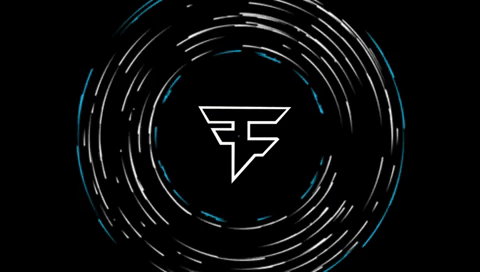




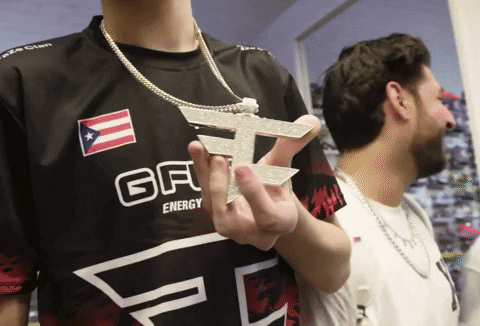
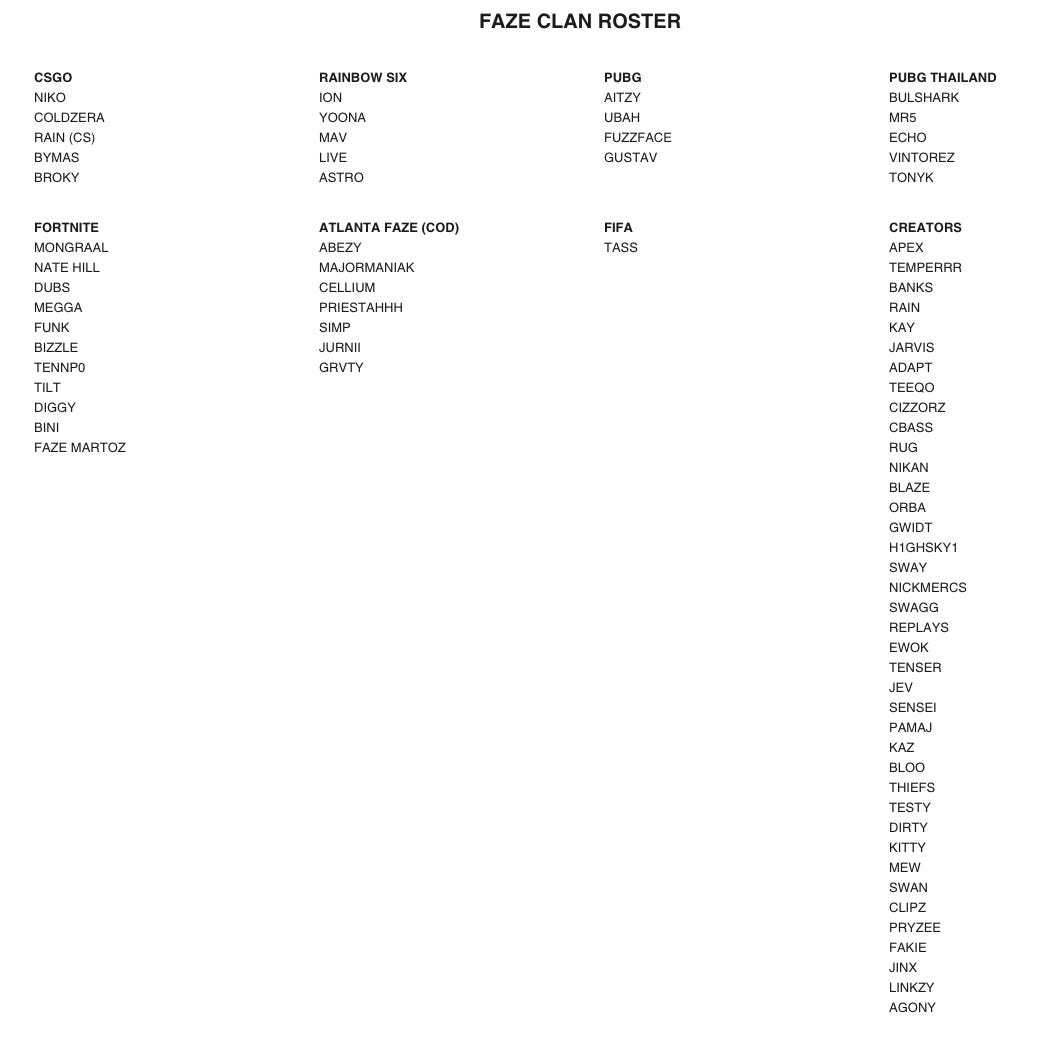
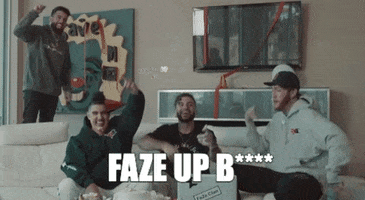


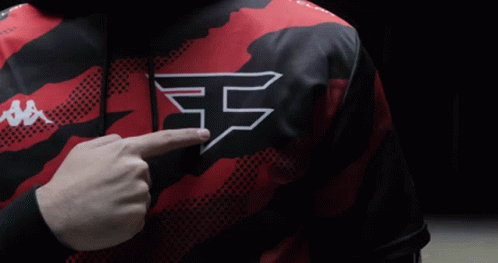

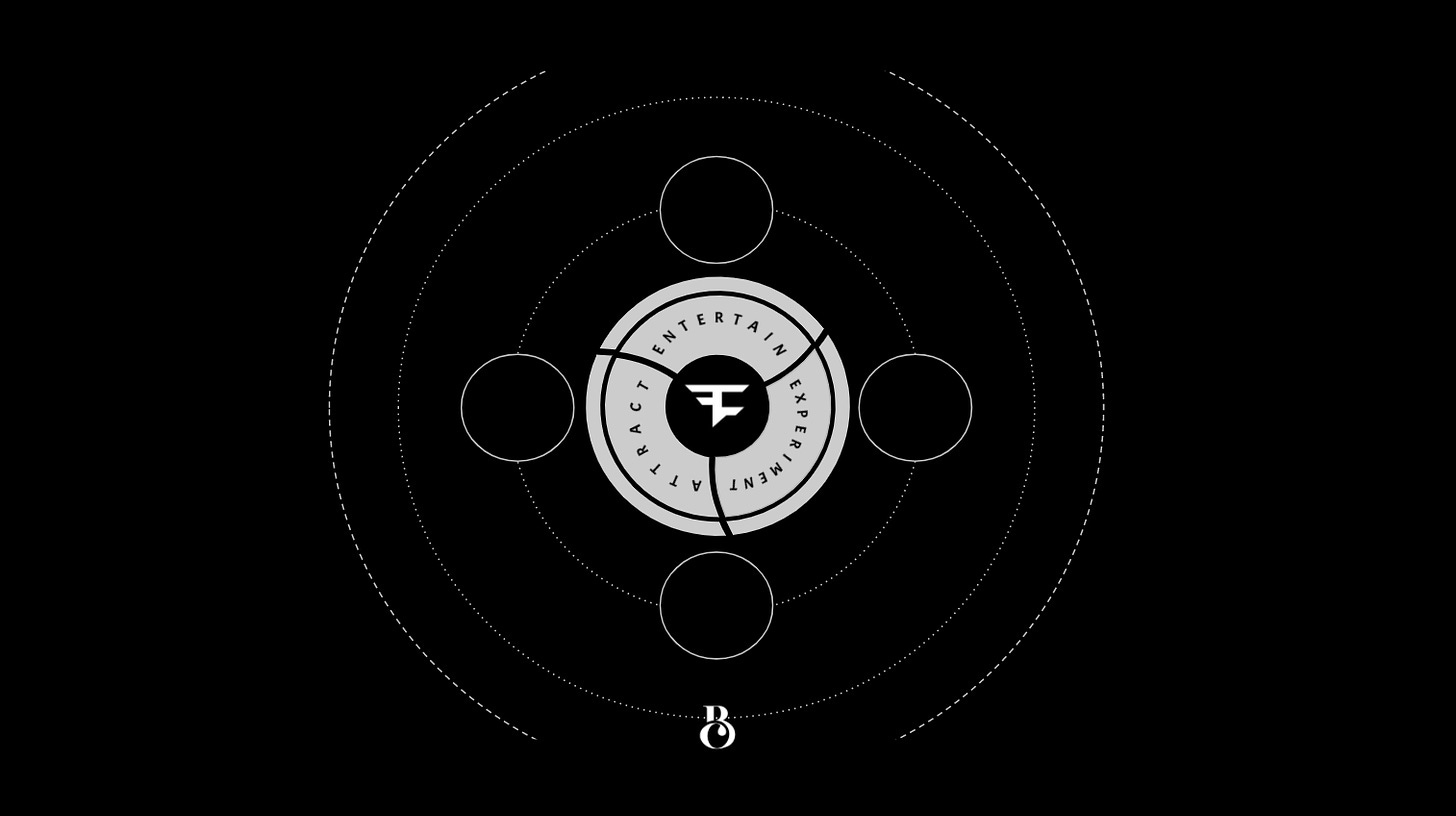



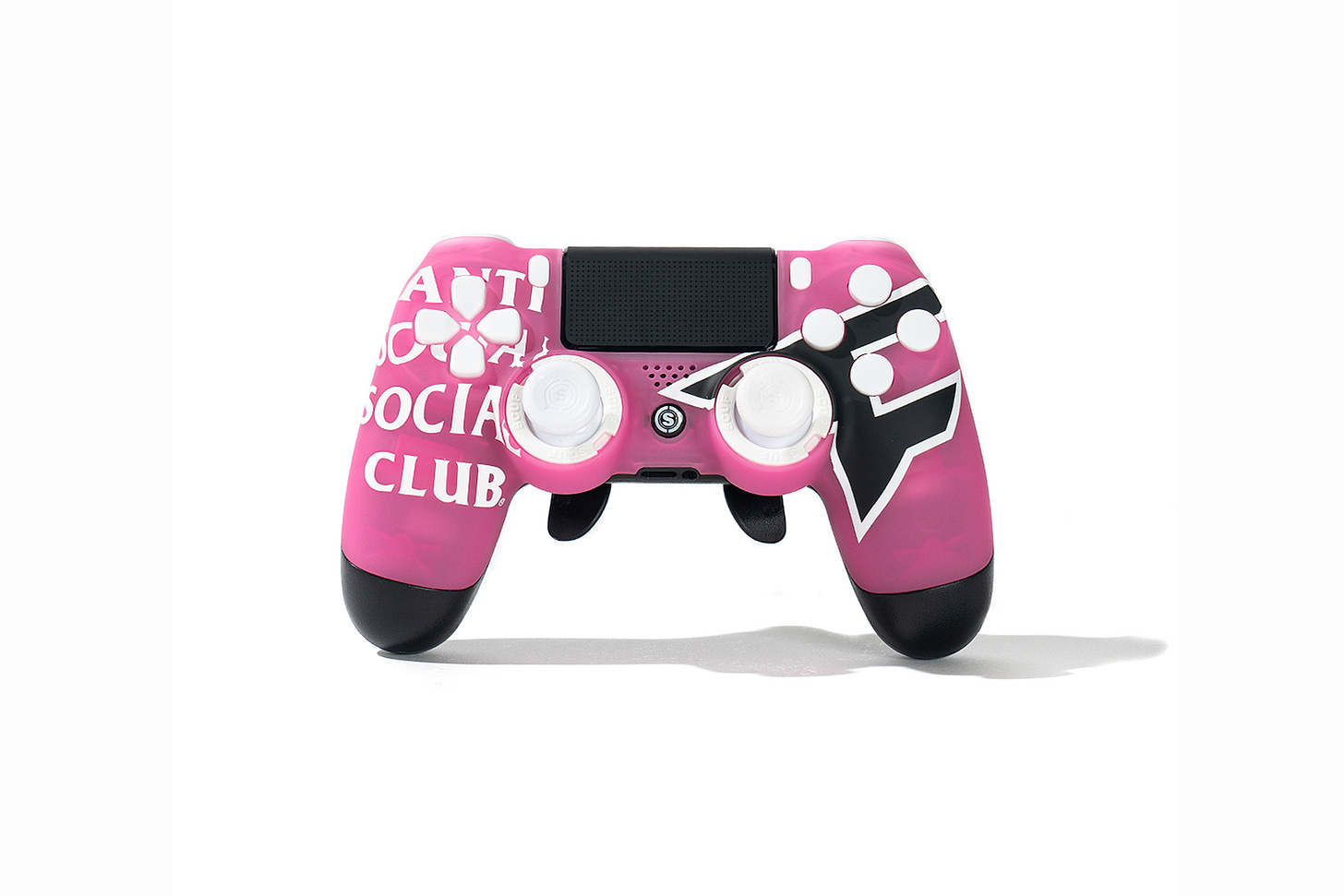
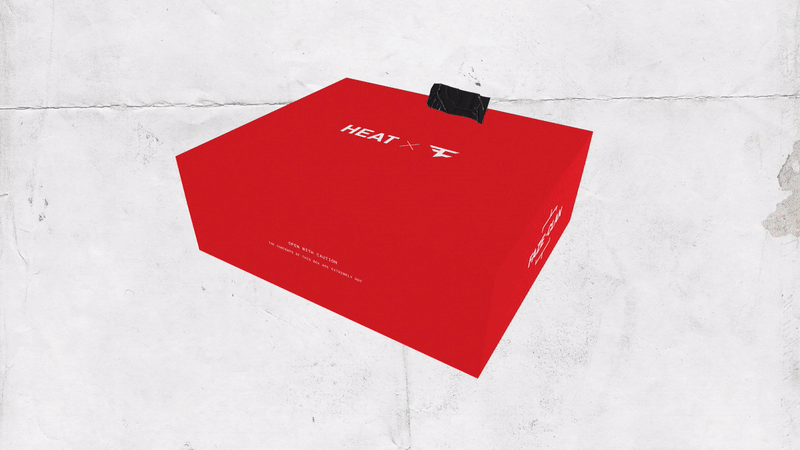
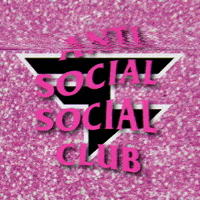
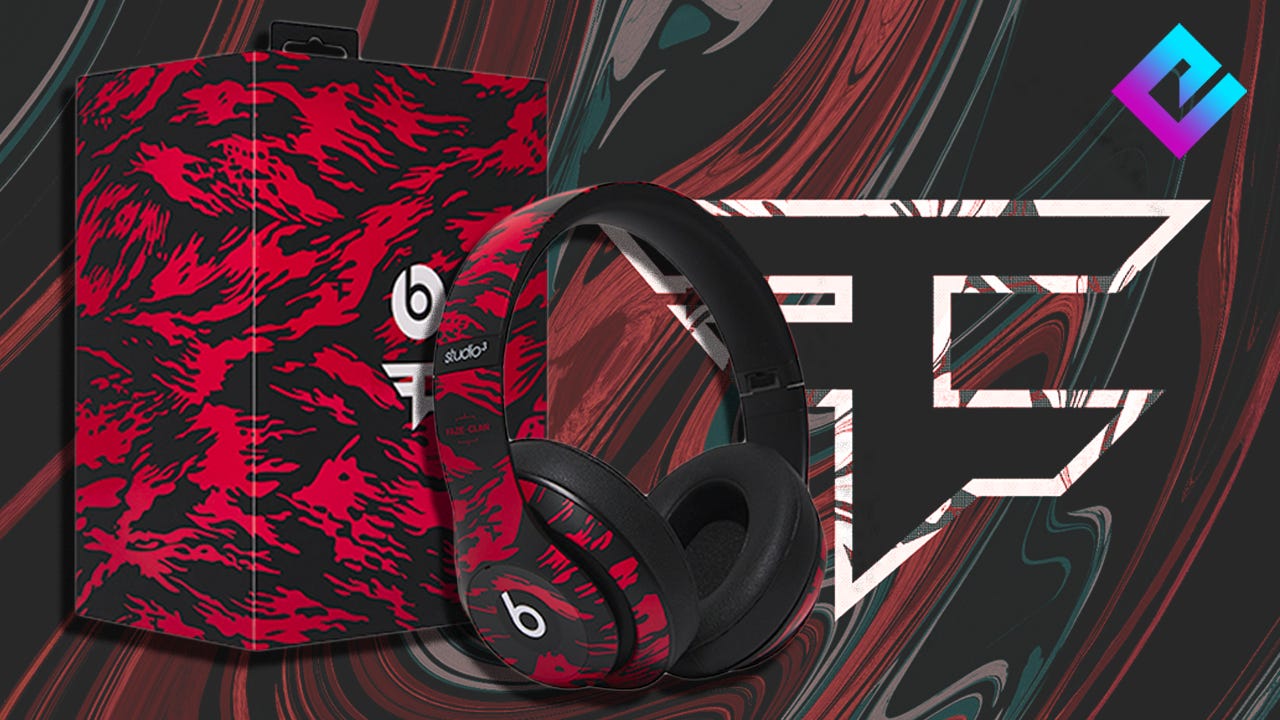
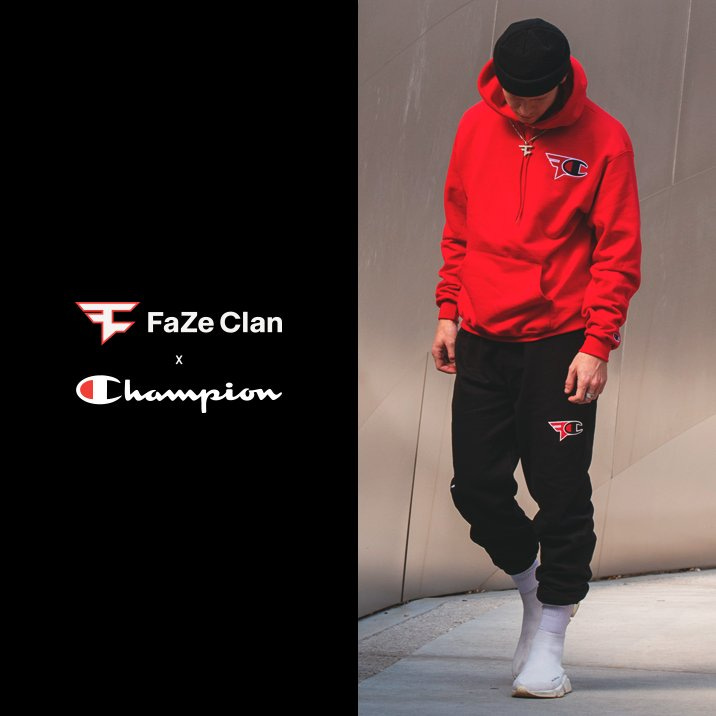

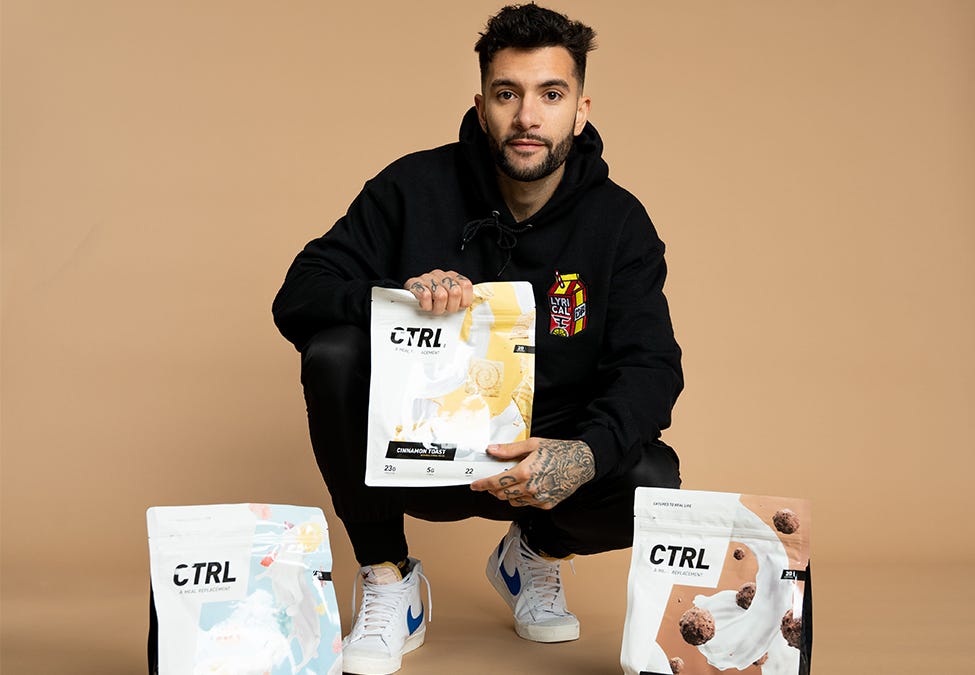
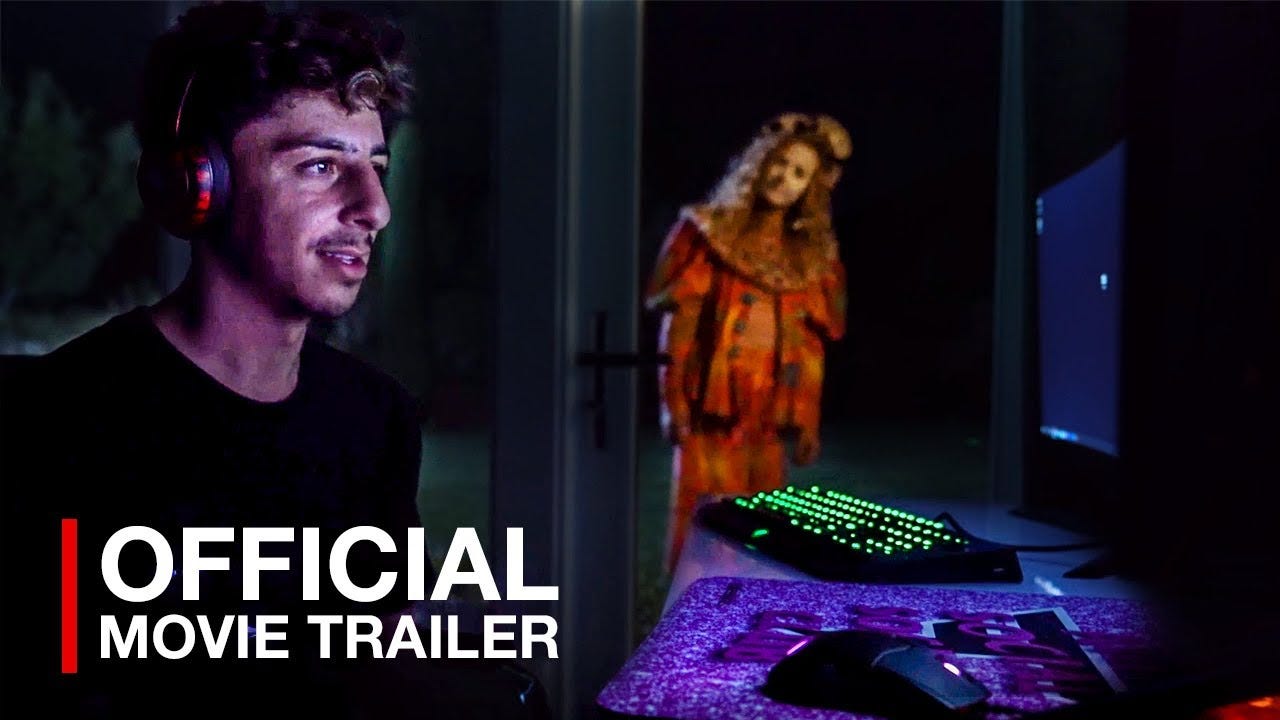

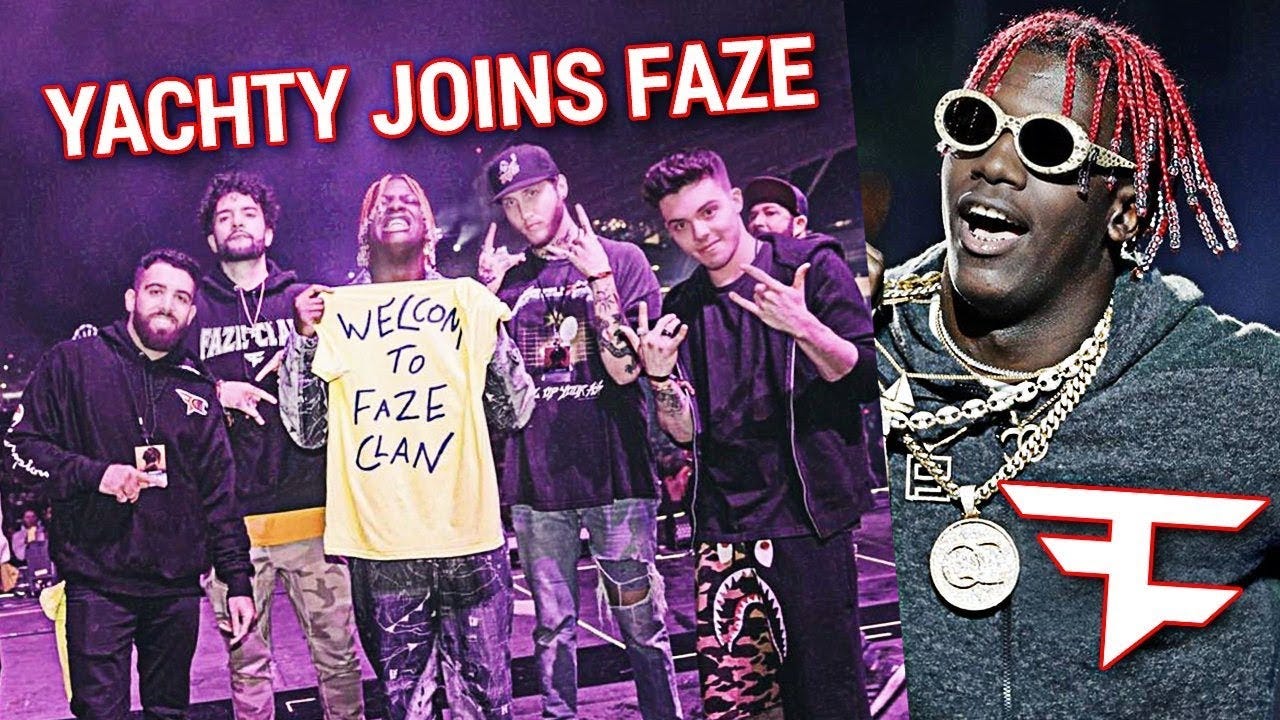
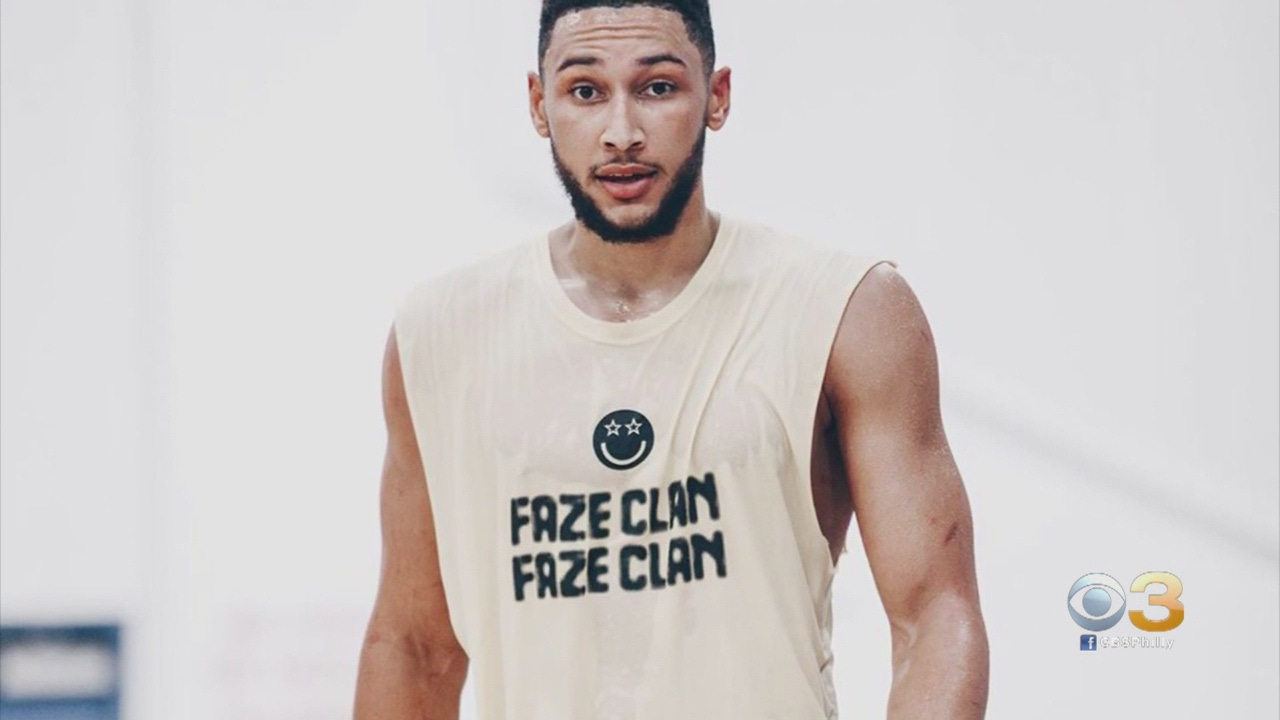
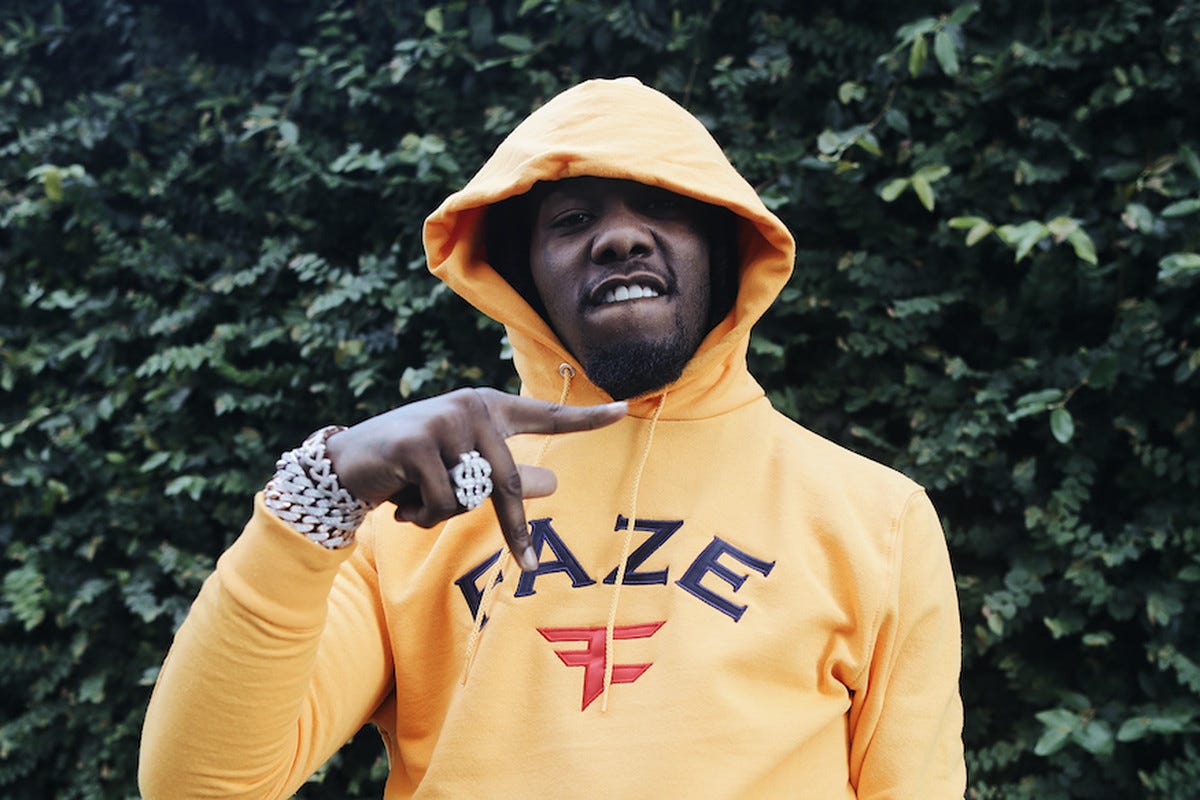
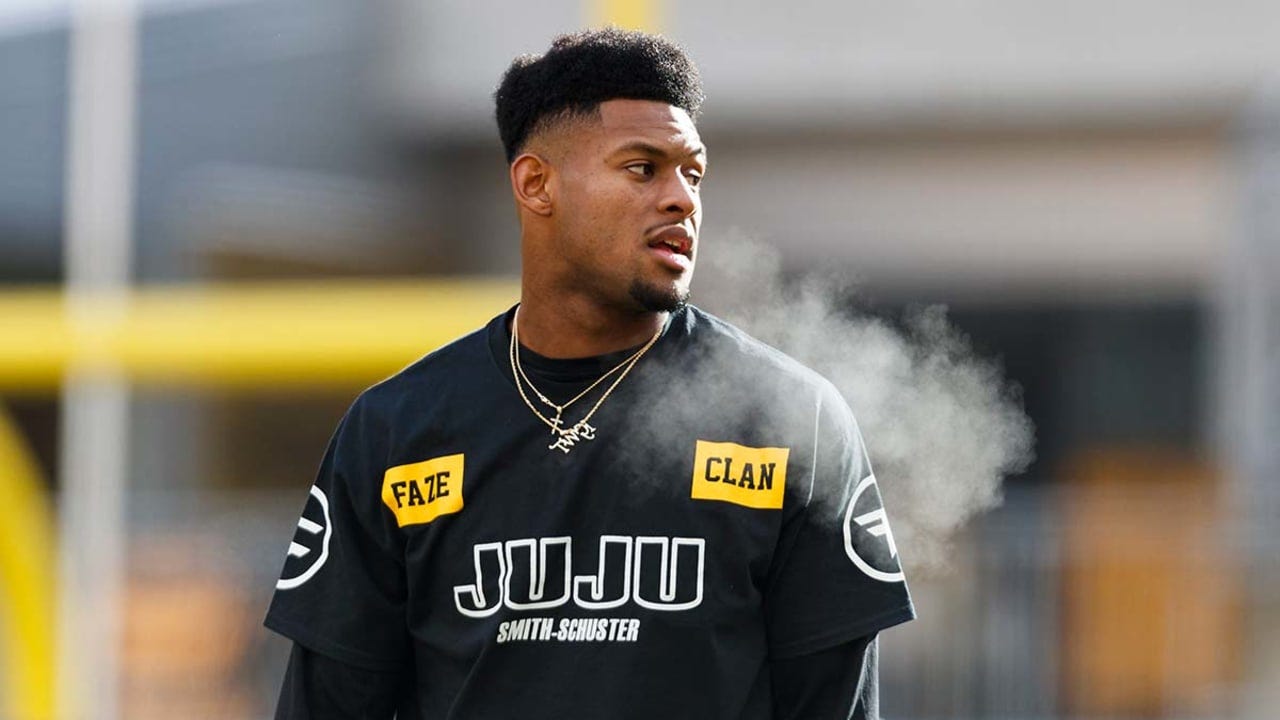


Faze is the best 🤑🤑🤑🤑🤑🤑💸💵💰
Great piece. You should check out www.judyknows.com, who did a similar deep dive into the world of K-pop band BTS. She does an extraordinary job of looking at every aspect of the Fan Economy.